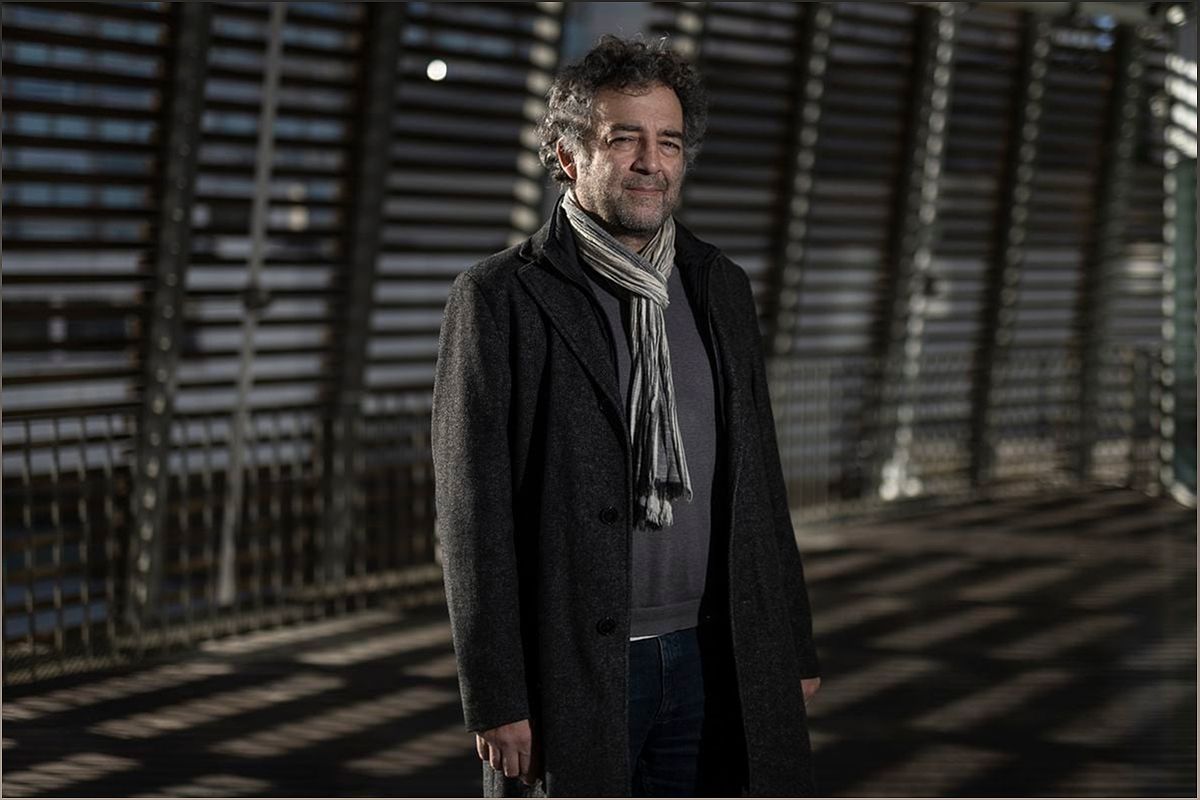Discover the fascinating intersection of science fiction and neuroscience as researcher Rodrigo Quian Quiroga explores the implantation of memories, the limits of human memory, the challenges of artificial intelligence, the mysteries of consciousness and dreams, and the illusion of free will.
Implanting Memories: Blurring the Line Between Science Fiction and Reality
Remember those science fiction movies where memories could be implanted? Well, it turns out that this concept is not purely fictional. In a groundbreaking study conducted at MIT, scientists were able to stimulate specific neurons in mice and successfully implant false memories. This means that the manipulation of memories is not just a figment of imagination but a potential reality.
Just like in the movies 'Inception' and 'Total Recall,' where memories could be altered or implanted, scientists are now exploring the boundaries of what is possible in the realm of memory manipulation. This research opens up a whole new world of possibilities and raises profound questions about the nature of memory and consciousness.
Unveiling the Jennifer Aniston Neurons: A Window into the Mechanisms of Memory
Have you ever wondered how our brain stores and retrieves memories? Neuroscientist Rodrigo Quian Quiroga has made a fascinating discovery in his research on the neural mechanisms of memory. He has identified what he calls 'Jennifer Aniston neurons' or grandmother cells.
These neurons, found in the hippocampus, respond to specific concepts rather than visual stimuli. For example, a neuron may respond to any photo of Jennifer Aniston, regardless of her appearance. This finding sheds light on the conscious perception of concepts and their role in constructing individual memories.
Quiroga's research not only deepens our understanding of memory but also raises intriguing questions about the nature of consciousness and how our brains process and interpret the world around us.
The Limits of Memory: Selective Recall and the Formation of False Memories
Our memory is a remarkable tool, but it is not infallible. In fact, it is quite limited. Neuroscientist Rodrigo Quian Quiroga emphasizes that our memory is focused on remembering only a fraction of the information we encounter.
Our brains construct a reality based on this limited information, which can lead to the formation of false memories. This means that our memories are not always an accurate representation of past events.
Quian Quiroga explains that our memory capacity is focused on things that are familiar or emotionally significant to us. This selective recall plays a crucial role in human intelligence, allowing us to extract essential information and think abstractly.
Artificial Intelligence: Advancements and Limitations in the Quest for Human-like Intelligence
The field of artificial intelligence (AI) has made significant advancements in recent years. Machines are now capable of performing complex tasks, such as playing chess or driving cars, with remarkable precision.
However, neuroscientist Rodrigo Quian Quiroga believes that machines are still far from achieving human intelligence. While AI can excel in specific tasks, it lacks the ability to apply knowledge from one context to another, known as general intelligence.
The question of whether AI can become self-aware or develop general intelligence remains unanswered. The study of AI and its limitations is an ongoing endeavor that pushes the boundaries of what is possible in the field of neuroscience.
The Enigma of Consciousness and Dreams: Exploring the Depths of the Human Mind
Consciousness and dreams have long puzzled scientists and philosophers alike. Neuroscientist Rodrigo Quian Quiroga admits that the purpose of dreaming is still unknown, but he rejects the notion that it is merely an epiphenomenon.
Dreams, he suggests, allow us to detach from reality and tap into our creativity. They provide a space for our minds to explore and process information in unique and unexpected ways.
Similarly, the question of what specific process in the human brain gives rise to consciousness and self-awareness remains unanswered. The study of consciousness is a complex and ongoing field of research that delves into the depths of the human mind.
The Illusion of Free Will: Decisions Determined by Complex Neural Activity
Do we truly have free will, or is it just an illusion? Neuroscientist Rodrigo Quian Quiroga challenges the concept of free will, suggesting that our decisions are not as conscious and deliberate as we might think.
He argues that our decisions are actually determined by complex unconscious processes in our brain. The notion of a separate 'mind' making independent choices is unfounded.
While the idea of free will is deeply ingrained in our society and culture, Quiroga's research highlights the role of neural activity in decision-making, suggesting that our choices are predetermined, albeit too complex to predict accurately.
Exploring the Boundaries of Neuroscience: Merging Science Fiction and Reality
The merging of science fiction and neuroscience has opened up new possibilities and raised profound questions about memory, consciousness, and free will.
While some concepts portrayed in films like 'Inception' and 'Total Recall' have become reality, there are still many mysteries to unravel.
The study of neuroscience continues to push the boundaries of our understanding, bringing us closer to deciphering the intricacies of the human mind.

